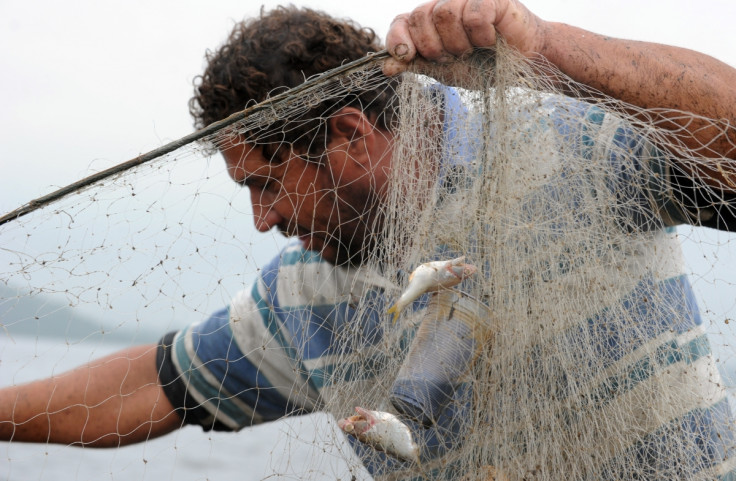Surfers Against Sewage plans 150 beach clean-ups along UK coastline

One hundred and fifty beach clean-ups are being organised along the UK coastline, starting on 2 November and continuing through the week. This is the fifth annual beach clean-up series organised by environmental charity Surfers Against Sewage (SAS).
It is hoping to get 3,500 volunteers to join 150 different clean-ups happening all over the country and plans to tackle "the combined effects of eight million items of litter entering our oceans each day".
The beach cleans are hoping to "close the loop on litter by stemming the flow of plastics to our oceans and viewing the plastics that are already in our oceans as a resource rather than simply waste", therefore any "suitable" material found will be recycled.
SAS project manager Dom Ferris said how happy the organisation was to have 150 volunteers leading the clean-ups and what they need now is "an army of beach lovers to join these guys to tackle the marine litter crisis and protect what we love".
The project hopes to remove over 15 tonnes of litter from Britain's beaches and recycle 10,000 plastic bottles and cans. Marine litter is incredibly harmful to wildlife. Some sea life can get entangled in discarded litter, while others are harmed by ingesting the litter, which they can sometimes mistake for food. Plastic is a particular problem, according to the United Nations Environment Programme: "Ingested plastic is not only toxic but can often lead to a lingering death."
© Copyright IBTimes 2025. All rights reserved.





















